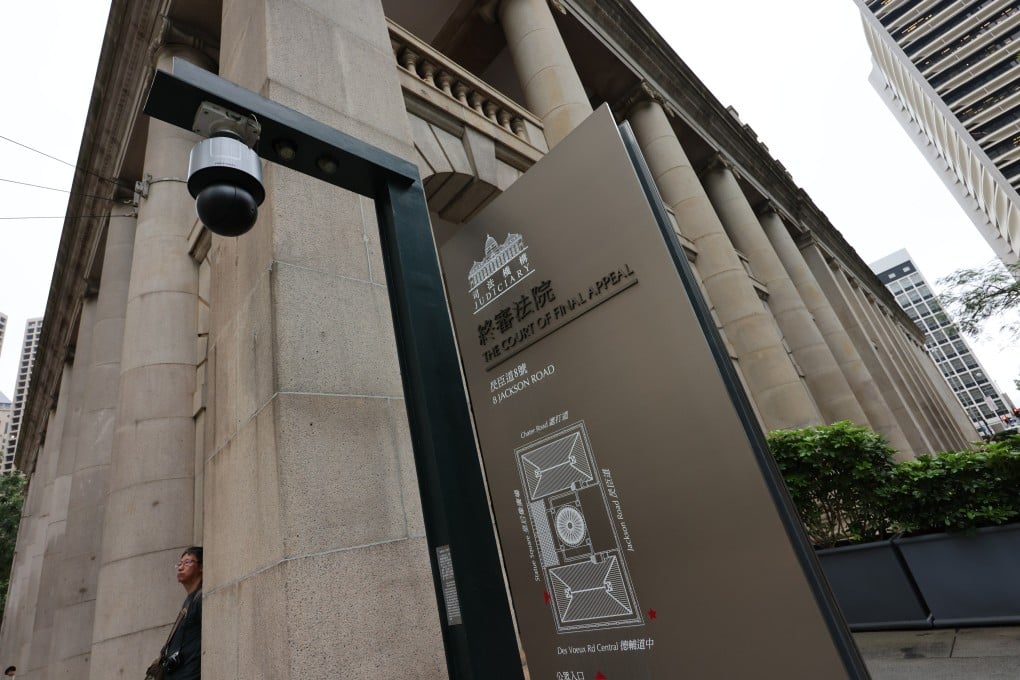My Take | It is in Hong Kong’s interests that foreign judges remain on the top court
- Those that remain must continue to deliver strong judgments that demonstrate their independence and protect the city’s rights

The shock resignation of two distinguished British judges from Hong Kong’s top court last week struck a fresh blow to the judiciary and the city’s efforts to present itself to the world as a bastion of the rule of law.
One of them, Lawrence Collins, a part-time judge with the Court of Final Appeal since 2011, said his resignation was due to Hong Kong’s political situation. He did not elaborate.
The other, Jonathan Sumption, has not yet revealed his reasons, saying he will make a statement this week.
Both judges had previously resisted intense pressure at home to withdraw, amid dramatic political and legal changes in Hong Kong following the passing of a national security law in 2020.
They stood firm when the local court’s two serving British Supreme Court judges, Robert Reed and Patrick Hodge, pulled out in 2022. Reed said it was not possible for them to continue “without appearing to endorse an administration which has departed from values of political freedom, and freedom of expression”.
Collins and Sumption were among five remaining British judges who issued a statement at the time expressing their commitment to the court.
